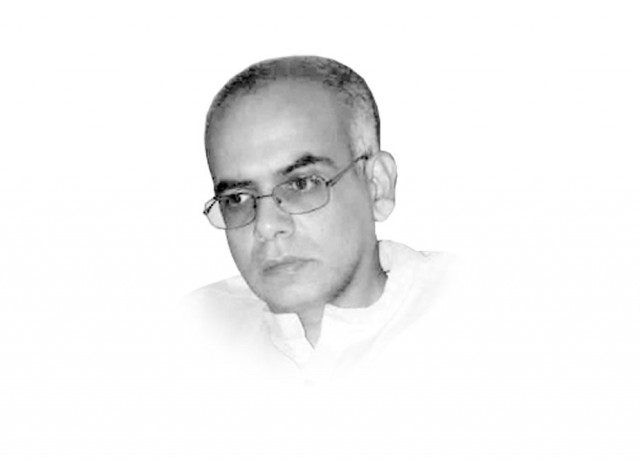International aid under the new US Presidency
Funding of International Organisations’ has been drafted by the Trump administration

The writer is a development anthropologist currently based in Fairfax, Virginia, and teaches at Georgetown and George Washington universities
Given the current shape our world makes it hard to deny that international development agencies must do a better job. They need to rethink how they work, and why their efforts produce lacklustre results. Yet, this does not mean that global development agencies should be sidelined altogether. For all the UN system’s failings, on the whole it does play an important role in conflict-resolution and peacekeeping.
It is understandable that the new US administration wants to cut its expenditures and focus on increased growth. However, there are other areas than the international aid budget, where such cuts can be exercised. This past year, the US military budget easily dwarfed the rest of the world. With a defence budget of around $597 billion, it was almost as much as the next 14 countries put together. Ensuring stability in the modern world is not possible through military spending alone. There are complex links between deprivation, political violence and global insecurity. Thus, the new US administration’s proposed reduction of support to international organisations which not only are struggling to deal with the outfalls of global violence but also aim to address its causes, is troubling. Tackling the reasons of conflict instead of putting in place security-based interventions is the more sensible choice, as it is less expensive, and it also deters needless human suffering. If we lived in a world where political statements were based on genuine ideals and intentions, the new US administration’s goals of reducing exclusion and boosting growth, could potentially become a harbinger of good news for everyone. After all, it is not just for blue collar workers in the US who face the challenge of unfair wages or unemployment. In fact, even getting blue collar work is a luxury that much of the labour force in the rest of the world is deprived of, being compelled instead to work in unsatisfactory or hazardous work conditions, with dismal pay. It would have also been great to see the US pay more attention to why the UN system, the World Bank, the IMF, and other major development agencies, which are provided US funds, continue to produce such lacklustre results in delivering human development goals. Tangible proposals by the new US administration to make the existing aid agencies more accountable would also have been welcomed. However, simply tightening the purse strings of available international aid instead, will not bode well for anyone.
Published in The Express Tribune, February 20th, 2017.
Like Opinion & Editorial on Facebook, follow @ETOpEd on Twitter to receive all updates on all our daily pieces.













COMMENTS
Comments are moderated and generally will be posted if they are on-topic and not abusive.
For more information, please see our Comments FAQ